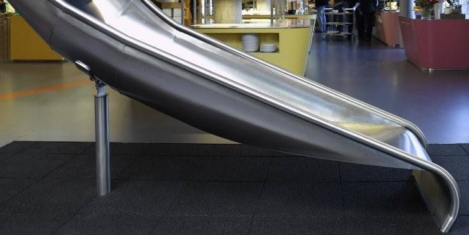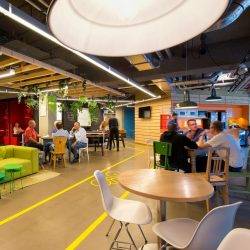To provide the best experiences, we use technologies like cookies to store and/or access device information. Consenting to these technologies will allow us to process data such as browsing behaviour or unique IDs on this site. Not consenting or withdrawing consent, may adversely affect certain features and functions.
The technical storage or access is strictly necessary for the legitimate purpose of enabling the use of a specific service explicitly requested by the subscriber or user, or for the sole purpose of carrying out the transmission of a communication over an electronic communications network.
The technical storage or access is necessary for the legitimate purpose of storing preferences that are not requested by the subscriber or user.
The technical storage or access that is used exclusively for statistical purposes.
The technical storage or access that is used exclusively for anonymous statistical purposes. Without a subpoena, voluntary compliance on the part of your Internet Service Provider, or additional records from a third party, information stored or retrieved for this purpose alone cannot usually be used to identify you.
The technical storage or access is required to create user profiles to send advertising, or to track the user on a website or across several websites for similar marketing purposes.
 A strategy setting out how the UK plans to lead the world in cutting carbon emissions to combat climate change while driving economic growth, has been published by the Government. The Clean Growth Strategy: Leading the way to a low carbon future builds on the UK’s progress to date. Carbon emissions in the UK have fallen and national income risen faster than any other nation in the G7 since 1990, according to the report, with emissions down by 42 percent while the economy has grown by 67 percent.
A strategy setting out how the UK plans to lead the world in cutting carbon emissions to combat climate change while driving economic growth, has been published by the Government. The Clean Growth Strategy: Leading the way to a low carbon future builds on the UK’s progress to date. Carbon emissions in the UK have fallen and national income risen faster than any other nation in the G7 since 1990, according to the report, with emissions down by 42 percent while the economy has grown by 67 percent.





















 Research published to mark the beginning of
Research published to mark the beginning of 










October 9, 2017
Our Twentieth Century approach to ergonomics has to change
by Mark Eltringham • Comment, Flexible working, Technology, Wellbeing, Workplace design
(more…)